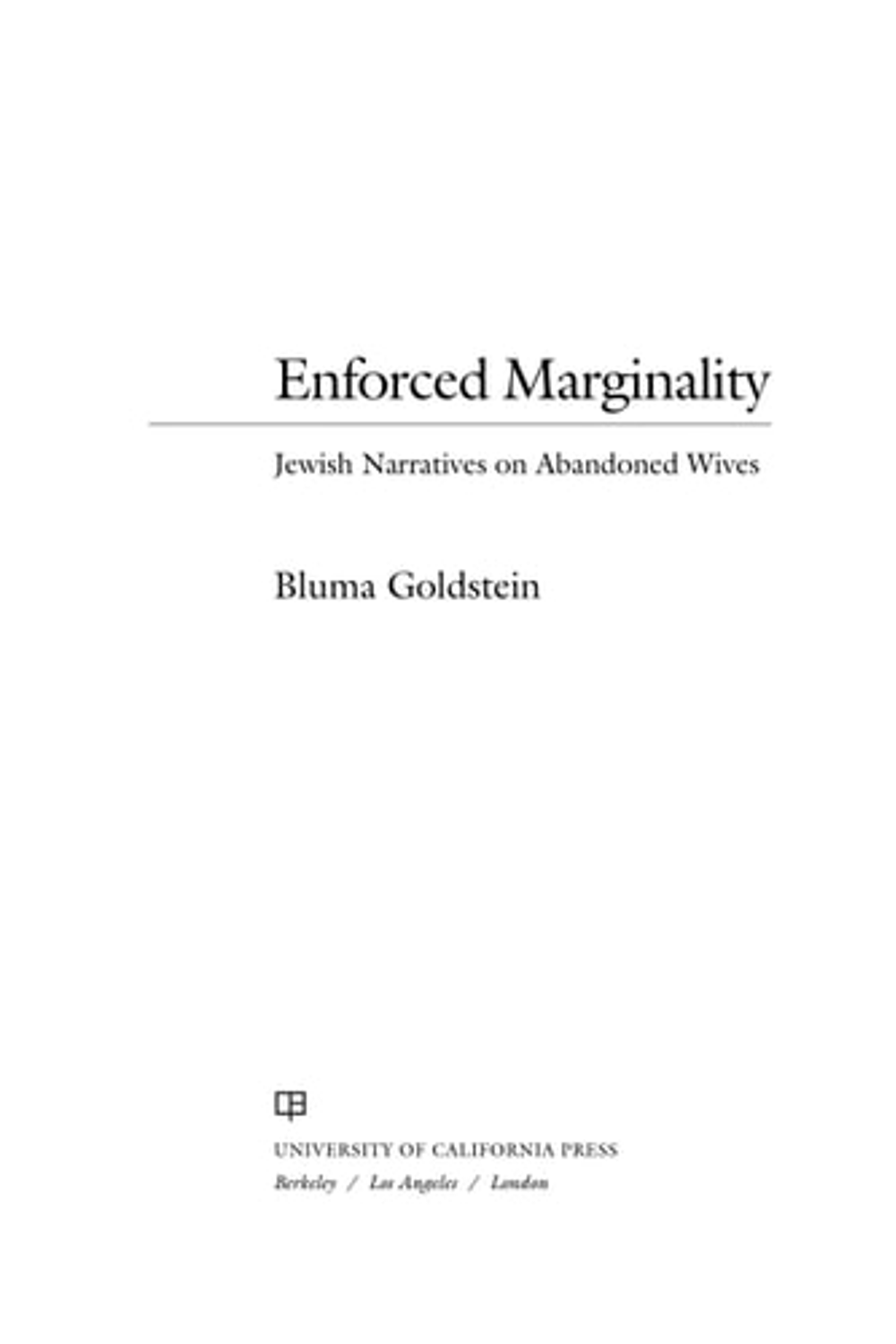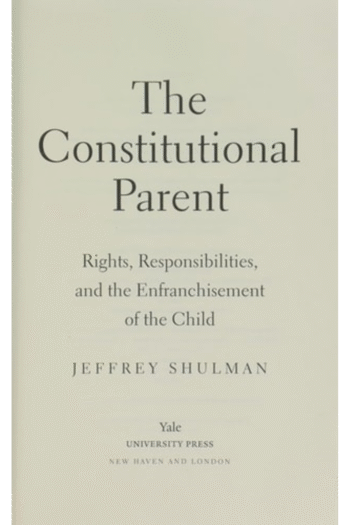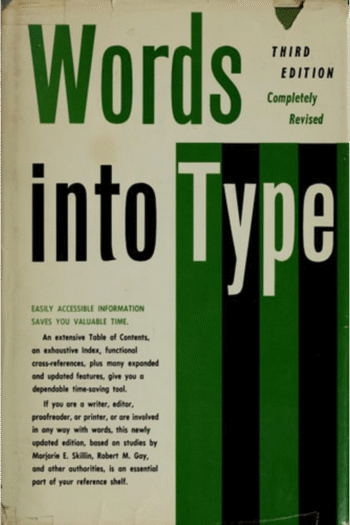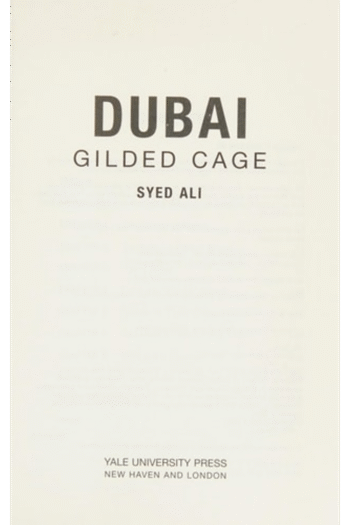Enforced Marginality: Jewish Narratives on Abandoned Wives’ explores the often-hidden world of *agunot*, Jewish women denied religious divorce. In this compelling study, Bluma Goldstein sheds light on the historical, legal, and social realities faced by these “chained wives” across centuries and continents. Moving beyond simple legal analysis, Goldstein uses literary sources in Yiddish, German, and English to reveal the personal impact of *agunah* status in Germany, Eastern Europe, and America. Through historical research and literary analysis, this book illuminates the power imbalances within Jewish communities and the enduring struggle for Jewish women’s rights. Published by the University of California Press in 2007, ‘Enforced Marginality’ offers a crucial perspective on a complex and sensitive topic within Jewish history and law, appealing to readers interested in gender studies, women’s history, and Jewish culture. This First Edition Hardcover offers 235 pages of insights into a topic too often ignored.
Enforced Marginality: Jewish Narratives on Abandoned Wives
16,55 $
In stock
This illuminating study explores a central but neglected aspect of modern Jewish history: the problem of abandoned Jewish wives, or agunes (“chained wives”)women who under Jewish law could not obtain a divorceand of the men who deserted them. Looking at seventeenth- and eighteenth-century Germany and then late nineteenth-century eastern Europe and twentieth-century United States, Enforced Marginality explores representations of abandoned wives while tracing the demographic movements of Jews in the West. Bluma Goldstein analyzes a range of texts (in Old Yiddish, German, Yiddish, and English) at the intersection of disciplines (history, literature, sociology, and gender studies) to describe the dynamics of power between men and women within traditional communities and to elucidate the full spectrum of experiences abandoned women faced.
| Authors | |
|---|---|
| Binding | |
| Condition | |
| ISBN-10 | 0520249682 |
| ISBN-13 | 9780520249684 |
| Language | |
| Pages | 235 |
| Publisher | |
| Year published | |
| Weight | 454 |
| Edition | First Edition |
| Dewey decimal | 296.4/444 |
Related products
-
Words into Type
18,50 $ -
Dubai: Gilded Cage
19,80 $ -
Wonderful Thursday Club
13,50 $
- Additional information
- Currencies
- USD – United States dollar
- EUR – Euro
- GBP – Pound sterling
- CNY – Chinese yuan
- BRL – Brazilian real
- MXN – Mexican peso
- JPY – Japanese yen
- PHP – Philippine peso
- THB – Thai baht
- PLN – Polish złoty
- CAD – Canadian dollar
- MYR – Malaysian ringgit
- AUD – Australian dollar
- TWD – New Taiwan dollar
- CZK – Czech koruna
- SEK – Swedish krona
- HUF – Hungarian forint
- ILS – Israeli new shekel
- CHF – Swiss franc
- HKD – Hong Kong dollar
- DKK – Danish krone
- SGD – Singapore dollar
- NOK – Norwegian krone
- NZD – New Zealand dollar





